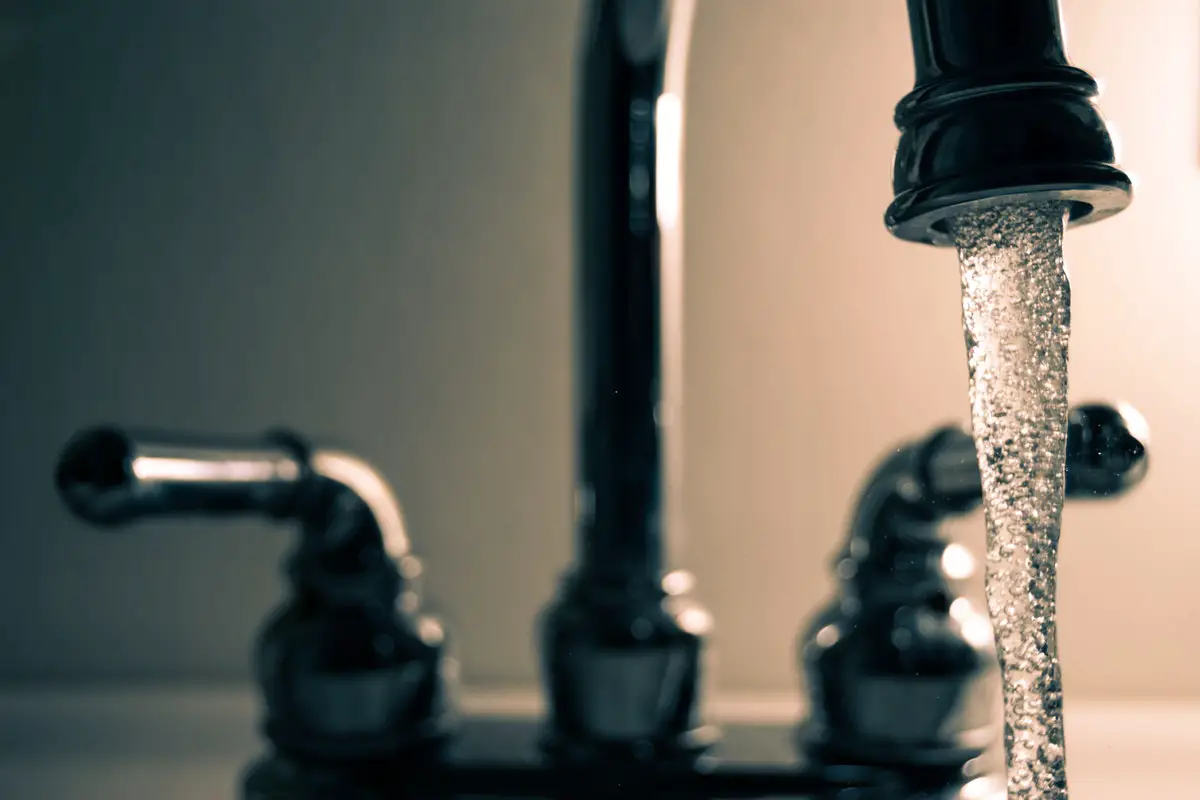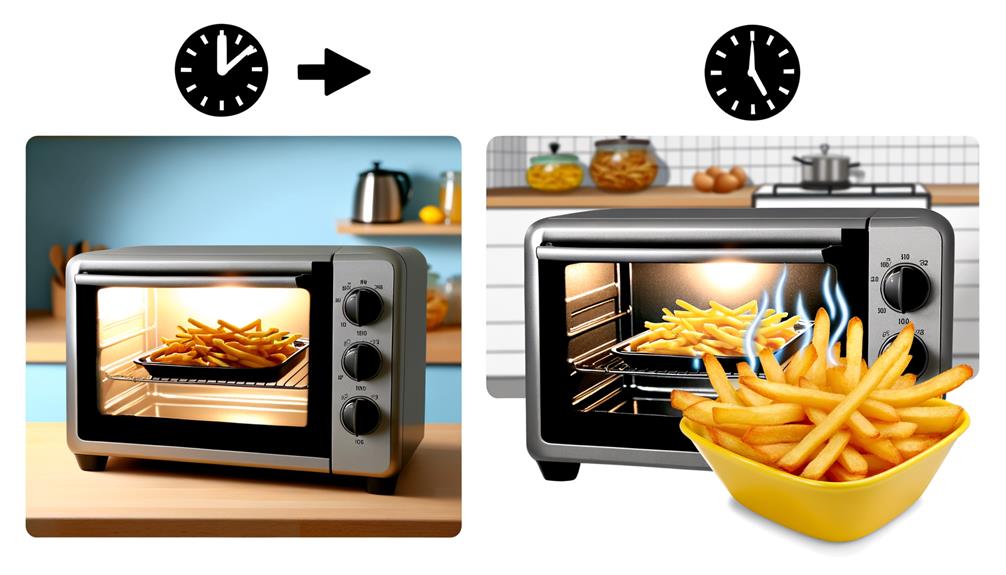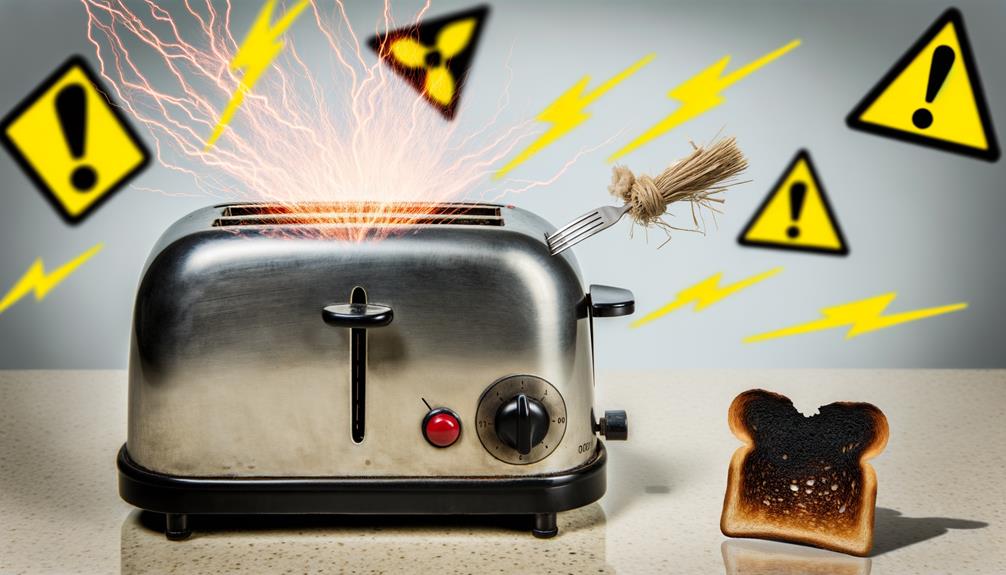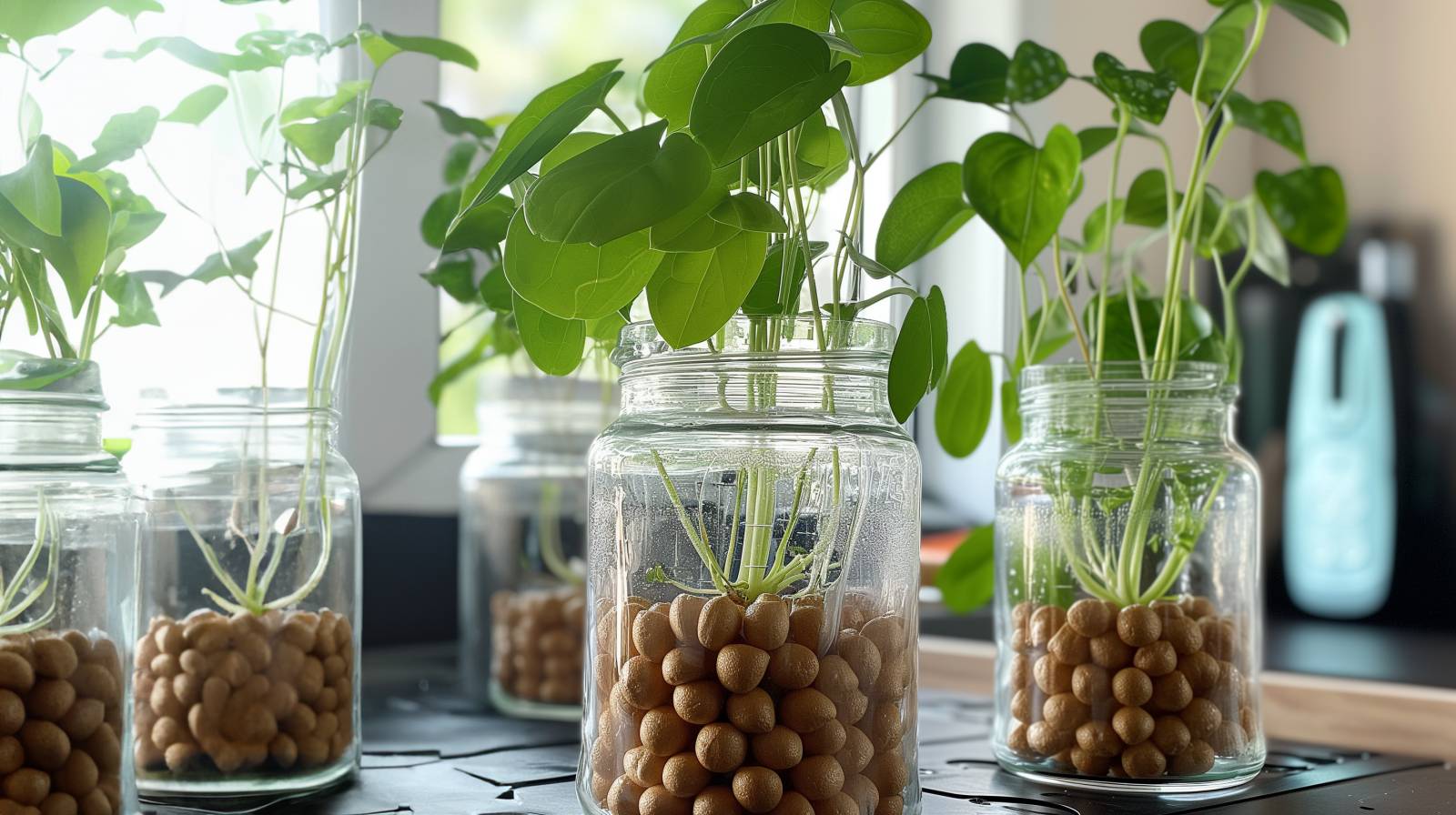If you’re someone who is conscious about water quality, or want to avoid potential contaminants in the general water supply, additional filtration can be an effective method to purify your water and make it more enjoyable to drink, as well as cleaner and potentially safer.
Table of Contents
ToggleOne of the most well known and effective filter brands is Brita, a brand which is well known for its water filtration technology.

Brita makes filters in a range of styles, capable of various levels of filtration, but how do they actually work?
In this guide we’re going to look at how Brita filters work, as well as some other key information such as their benefits and what exactly they filter out to give you a better idea of just how effective they are and if they’re worth the money or not.
How Do Brita Filters Work?
The reality is that for most water filters, the actual filtration system will vary depending on various factors such as the specific type of filter, as well as the water being filtered and how old the filter is.
For a standard filter, the first step in filtering water is to remove any particulates from the water. This is done by passing the water through a series of small holes, called pores.
These pores are designed to allow only water molecules to pass through them, so anything larger than a water molecule will not be able to enter the filter.
The next stage is to remove any bacteria from the water. Bacteria can cause illness if ingested, so removing them from the water is important.
To achieve this Brita uses a special type of carbon material called activated charcoal.
Activated charcoal has a large surface area, meaning it can hold onto particles far better than regular charcoal.
It’s also porous, so it allows water molecules to pass through it without being absorbed into the charcoal itself.
This allows a lot of different impurities and particles to be collected and extracted from the water without affecting the water quality, and in general this will actually improve the purity of the water significantly.
Once the water has passed through the filter, it enters the chamber where the actual filtration takes place.
In order to prevent contamination of the water by chemicals used during the manufacturing process, the chamber is sealed off from the outside world.
This means that the water inside the chamber cannot come into contact with air, which contains many different types of contaminants.
It’s important to note that Britain has patented their technology meaning that the intricacies of their systems are a heavily guarded secret, but many of their filters rely on the use of activated charcoal, among other proprietary filtration systems to make your water as pure as possible.
Are Brita Filters Safe?

Brita filters are safe, however, if you’re looking to remove heavy metals from your drinking water, then you may want to consider using a reverse osmosis system instead.
This type of filtering removes all dissolved solids including minerals, salts, and metals.
It’s important to note that some people find that the taste of filtered water isn’t as pleasant as tap water, so it’s worth trying both methods before deciding which one suits your needs best.
It’s also important to note that filters need to be properly maintained and managed, as well as replaced at the correct usage limits, as old filters can actually affect your water supply negatively.
This is because aspects of the filtration system, such as the activated charcoal, actually become saturated, meaning the charcoal can no longer absorb or hold any particles, and water passing through this may actually have its quality worsened instead of improved.
What Does Brita Filter Out?
The Brita filters out all sorts of things from tap water, including bacteria, chemicals, heavy metals, pesticides, herbicides, chlorine, fluoride, lead, mercury, arsenic, nitrates, radon, and many others.
They remove 99.9% of bacteria, viruses, protozoa, cysts, algae, sediment, dirt, rust, odors, taste, color, and even hardness.
However not all Brita filters will be capable of removing all these impurities, and there are various different models capable of removing different types of impurities depending on the technologies used in that specific model.
As such you may not be able to remove all of these things from your water with one filter, and will need to check your specific model before purchasing.
How Often To Change Brita Filters
As mentioned above, proper maintenance of your filter is key, and there are several important factors that contribute to this.
The amount of water passing through your filter is a really important factor and the more water used the faster your filter will wear down.
However, the specific type of filter you use also plays an important role in how often you should change your filter, so it’s hard to give a definite answer.
It’s best to refer to your specific model instructions and keep track of how much water your filter handles to get an accurate understanding of when to change the filter.
Some models can require replacements every few months, while some can last six months and handle hundreds of gallons of water.
Check your specific specifications for maximum effectiveness and safety.
Final Thoughts
As you can see, Brita filters are immensely popular and effective at filtering your water and keeping it as pure as possible, however there are important things you need to do to ensure you’re getting the best performance from your filter and protecting yourself as much as possible.
Following the specs and instructions for your specific model will help increase its lifespan and efficiency, so make sure to stick to this as closely as possible.









